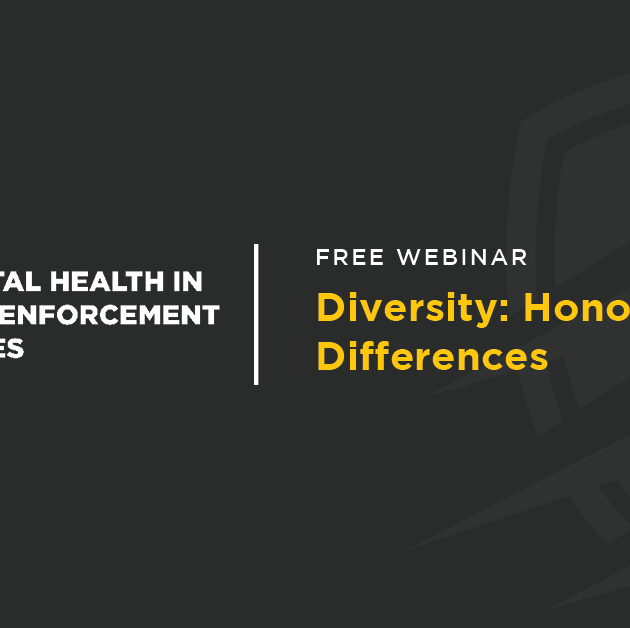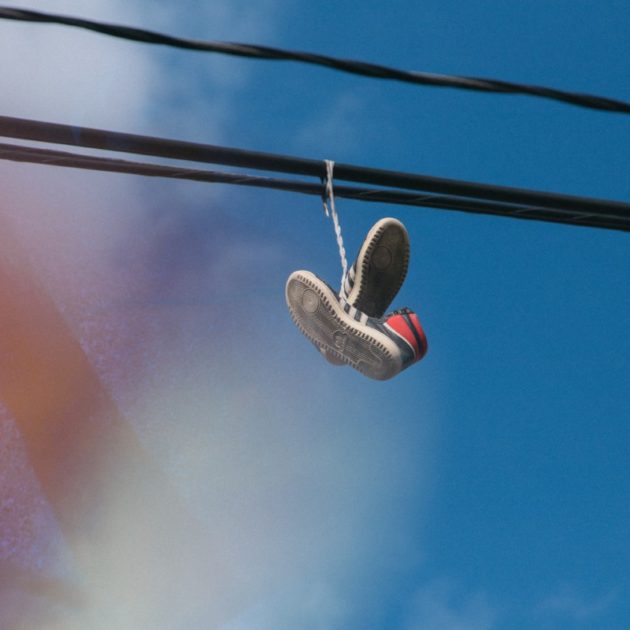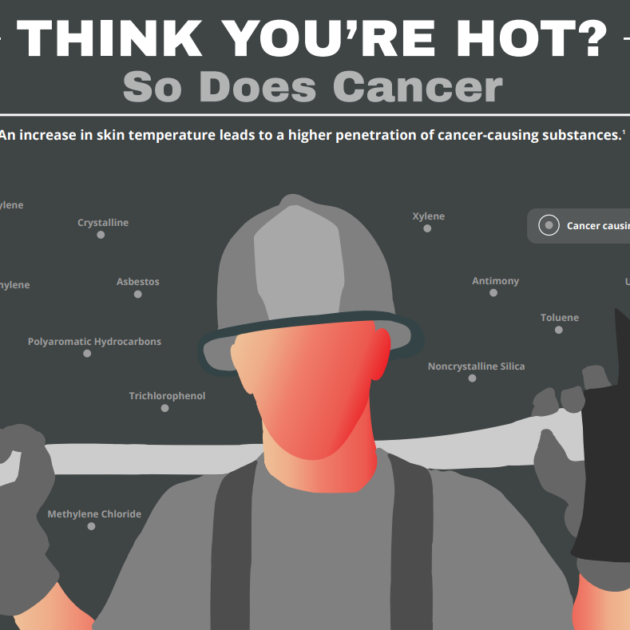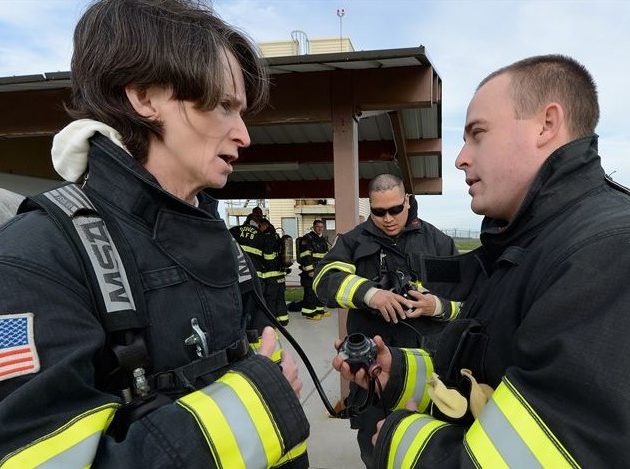May 30, 2018
Gender politics project a considerable presence in most of the working world. So too do ills associated with gender, like sexual harassment and discrimination. The resultant effect is especially pronounced in historically male-dominated fields such as first response, where biases in hiring and testing practices have contributed to an ongoing, undeniable gender gap. Physiological, mental, and societal differences between males and females may further contribute, as can the broad, often volatile range of opinions surrounding gender issues. This paper will explore the biological and societal aspect of first response’s gender gap, reflecting on scientific research, statistical analysis, and real-world examples to provide context and factual basis; it will then discuss the benefits of a gender-aware approach to the hiring and continued employment of first responders of both genders.
Read More









